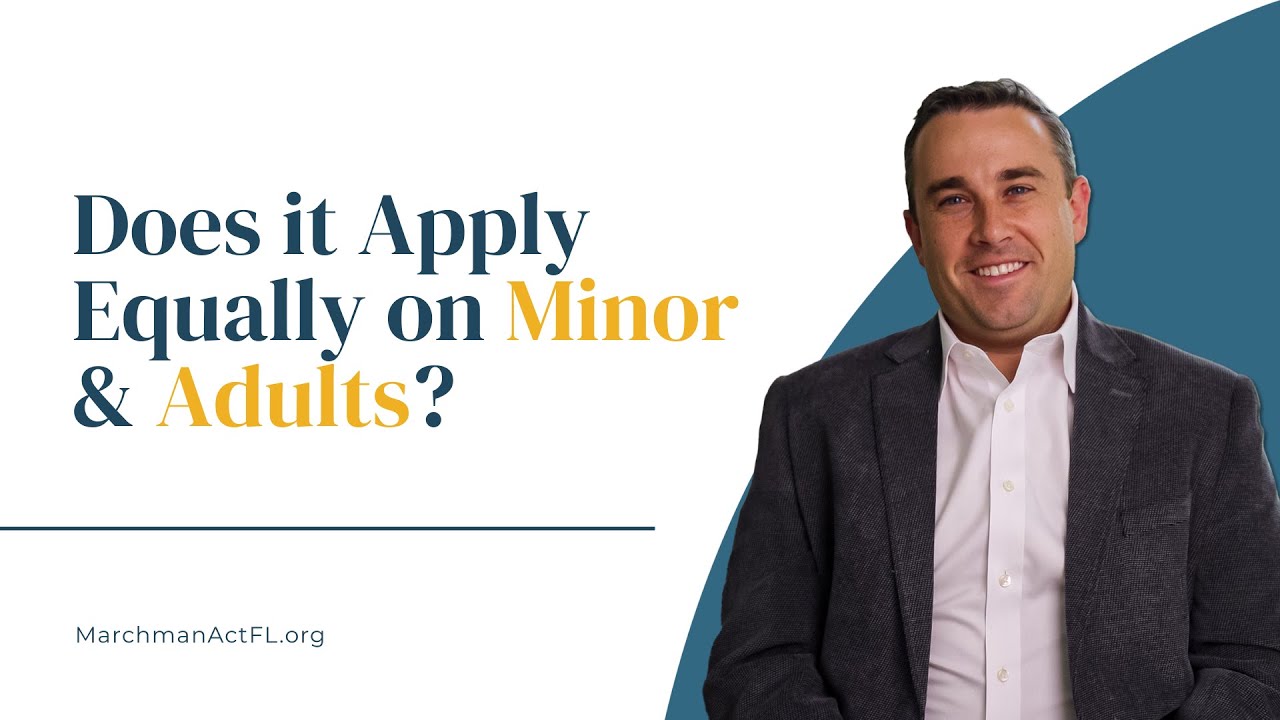
Key Differences in Petition Filing Requirements
While both minors and adults can be subject to the Marchman Act in Florida, the petition filing requirements differ markedly based on the age of the individual requiring substance abuse treatment.
For adults, the petition complexity increases as the filing party must demonstrate direct knowledge of the person’s substance abuse and provide detailed evidence of impairment. Age considerations play an essential role when filing for minors, as only a parent, legal guardian, or licensed professional can initiate the petition, whereas adult cases allow for extended family members or a trio of unrelated individuals to file. Additionally, minors’ petitions require documentation of previous intervention attempts and school performance records, while adult petitions focus primarily on recent substance abuse patterns and specific incidents demonstrating loss of self-control or potential harm to self or others.
Assessment and Treatment Protocol Variations
Assessment and treatment protocols under the Marchman Act diverge considerably between minors and adults due to developmental considerations and varying therapeutic needs. The assessment criteria for minors incorporate age-specific evaluations, including educational impact, family dynamics, and developmental stage markers, while adult assessments focus primarily on substance use patterns and cognitive functionality.
Treatment modalities also differ greatly, with minor-focused programs emphasizing family integration, academic support, and peer group dynamics. In contrast, adult treatment protocols typically concentrate on individual accountability, vocational rehabilitation, and independent living skills. Additionally, the duration and intensity of interventions vary, as minors often require longer-term support systems and specialized therapeutic approaches that account for their ongoing physical and emotional development, whereas adult programs may offer more condensed, intensive treatment options.
Legal Rights and Representation Distinctions
Legal representation under the Marchman Act manifests distinctly different protocols and requirements for minors versus adults, reflecting the unique vulnerabilities and competency considerations of each group. While adults maintain the right to self-representation or appointed counsel, minors must be represented by a legal guardian or court-appointed advocate who acts in their best interest throughout the proceedings.
The protection of minors’ rights requires additional safeguards, including mandatory guardian ad litem appointments in cases where parental interests may conflict with the child’s welfare. Moreover, the court must guarantee that any treatment decisions consider the minor’s developmental stage, family dynamics, and long-term implications for their well-being. These distinctions underscore the Act’s recognition that minors require enhanced procedural protections while maintaining the fundamental goal of facilitating access to necessary substance abuse treatment.
Parental Authority vs. Individual Autonomy
The balance between parental rights and a minor’s developing autonomy creates unique challenges within Marchman Act proceedings. While parents maintain broad authority to initiate involuntary assessment and treatment for their minor children, this power must be weighed against the emerging independence of adolescents approaching adulthood.
For minors under 18, parental consent generally supersedes individual rights regarding substance abuse treatment decisions, though courts increasingly consider the preferences of mature teenagers. The law recognizes that parents are presumed to act in their child’s best interests, while acknowledging that older adolescents may have legitimate perspectives on their treatment needs. This delicate equilibrium requires careful consideration of factors including:
- The minor’s age and maturity level
- Severity of substance use
- Family dynamics
- Treatment history
- Clinical recommendations
Duration and Follow-Up Care Standards
While initial Marchman Act interventions typically span 72 hours for emergency assessment, thorough treatment durations can extend considerably longer based on clinical necessity and court determinations. The duration of treatment may be extended up to 90 days for inpatient services, with the possibility of additional extensions through court petitions when clinically justified.
Follow-up evaluations constitute a critical component of the recovery process, requiring structured assessments at predetermined intervals to monitor progress and adjust treatment protocols. For both minors and adults, these evaluations typically include thorough substance use screenings, mental health assessments, and family involvement measures. Treatment facilities must document progress systematically and provide detailed reports to the court, particularly when recommending extended stays or modifications to the existing treatment plan.



